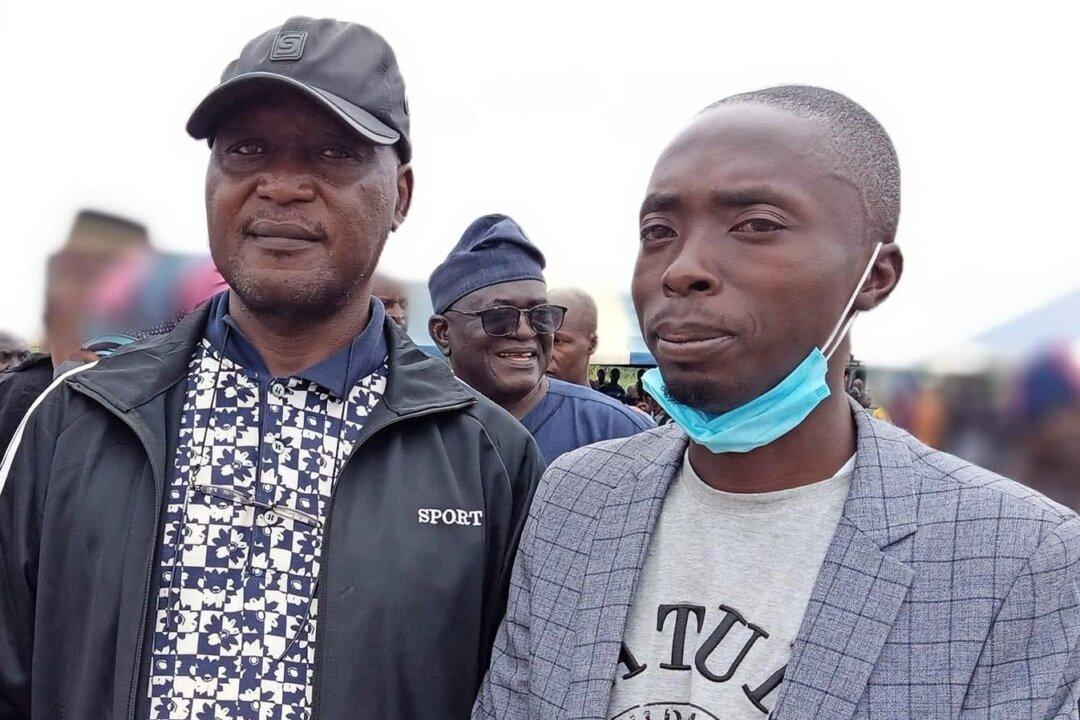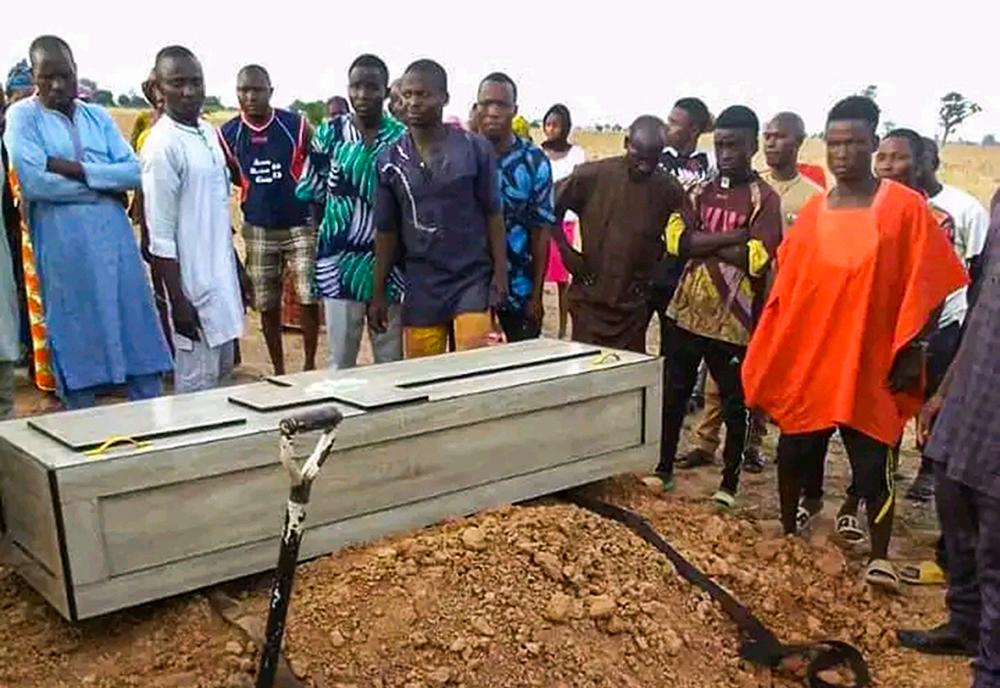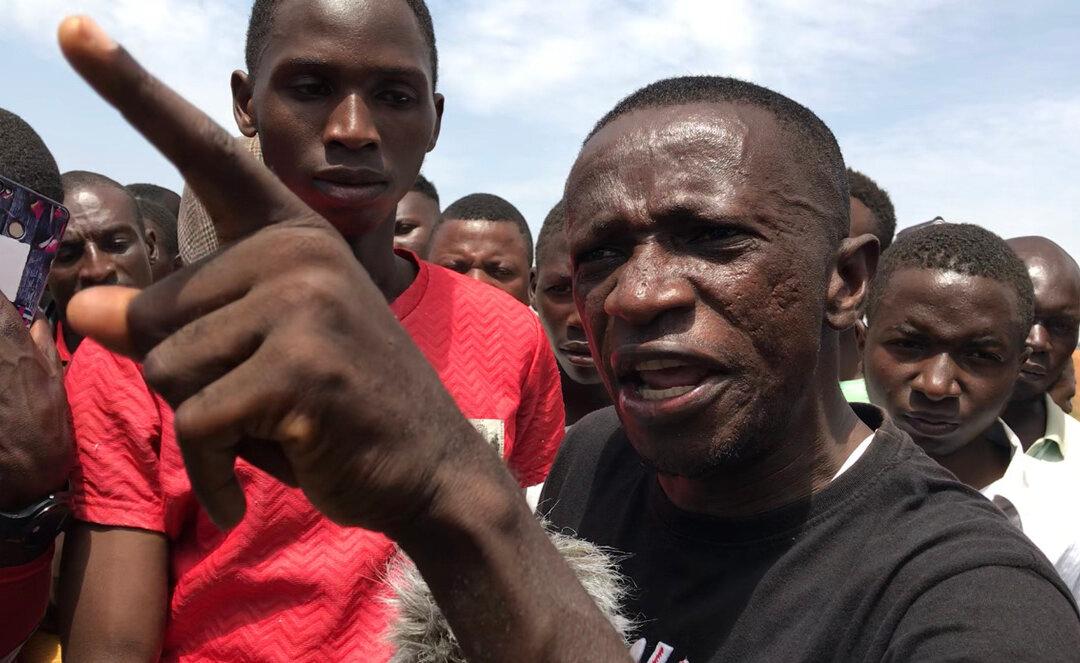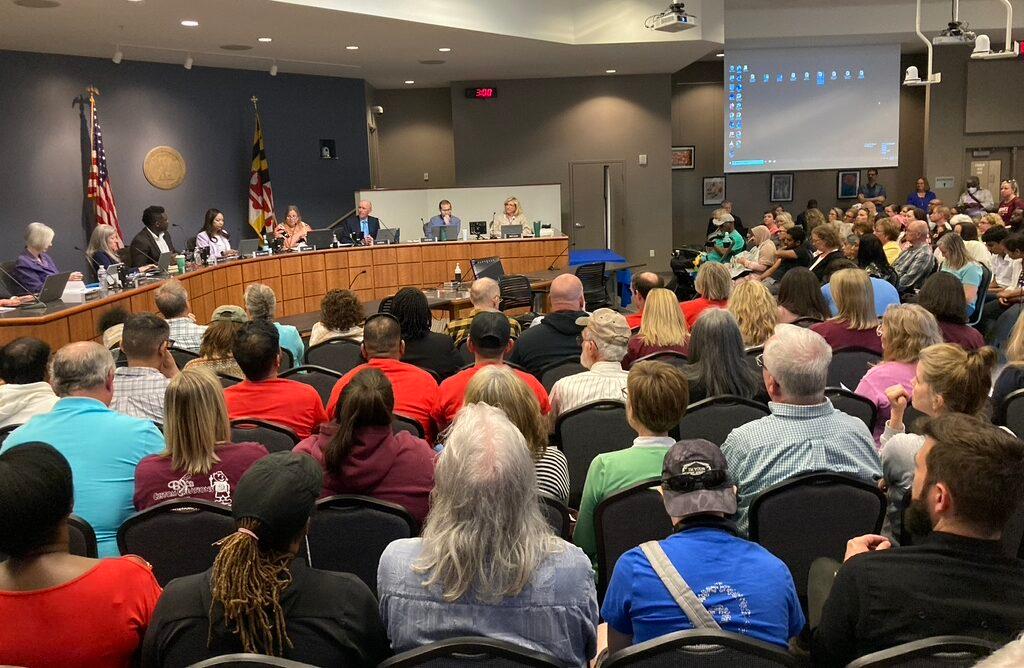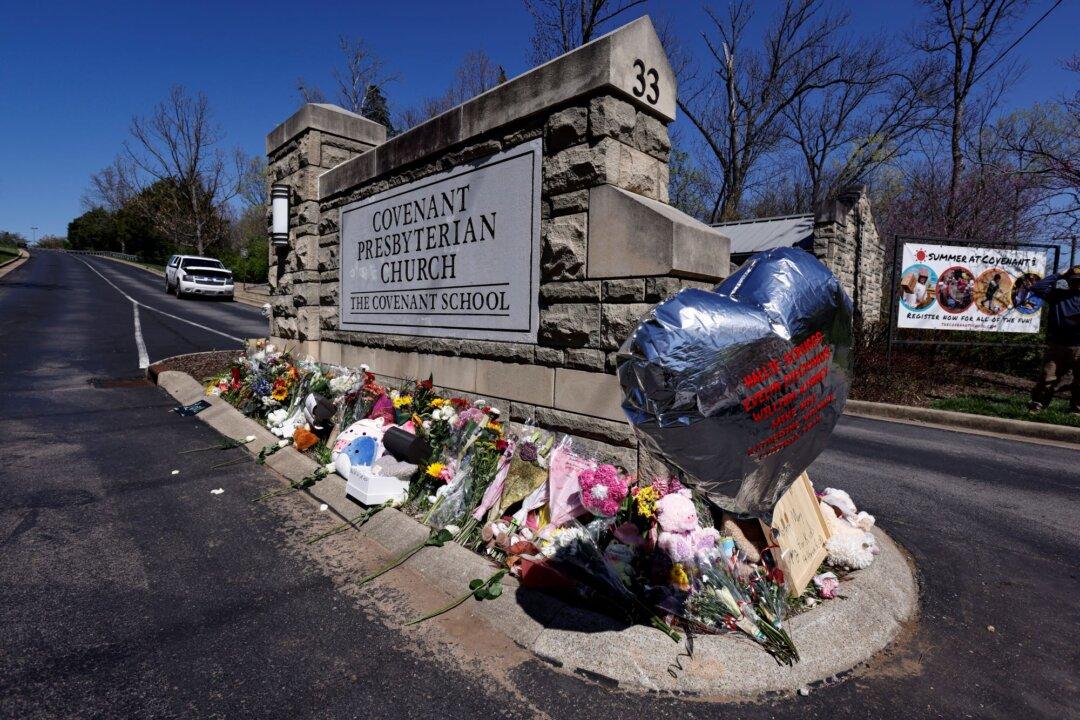Embattled Nigerian reporter Luka Binniyat, who was arrested and jailed after criticizing the Kaduna state government’s response to the killings of Christians, was denied bail for a second time on Nov. 23, prompting his defense counsel to say that his client is being held without justification.
“From all that transpired in court today, it is obvious that Luka Binniyat is being persecuted rather than being prosecuted,” barrister Yakubu Bawa told The Epoch Times in an email.
